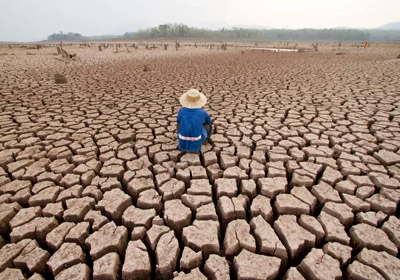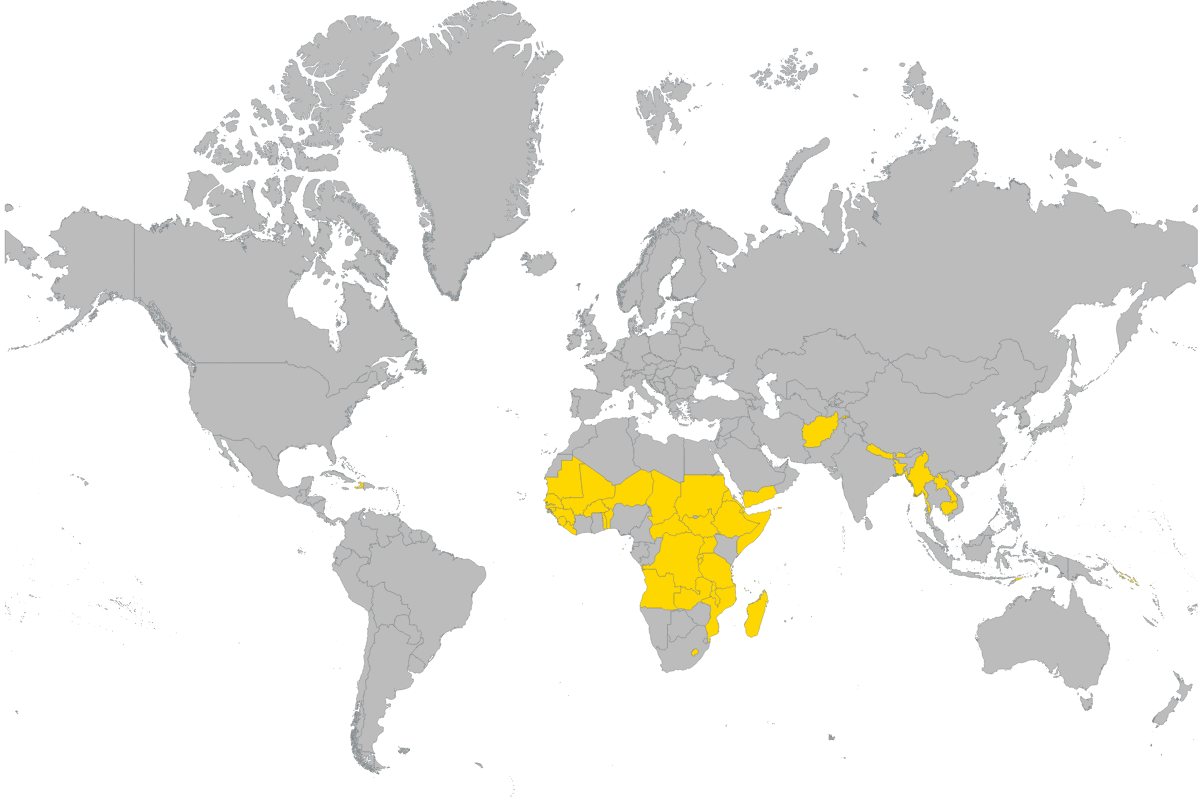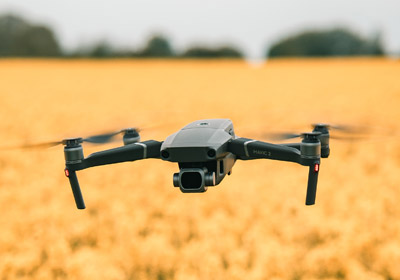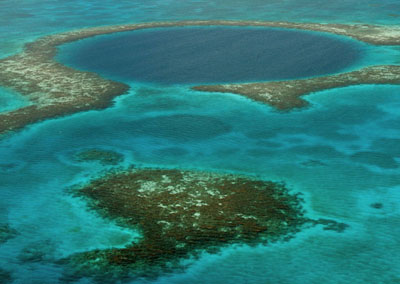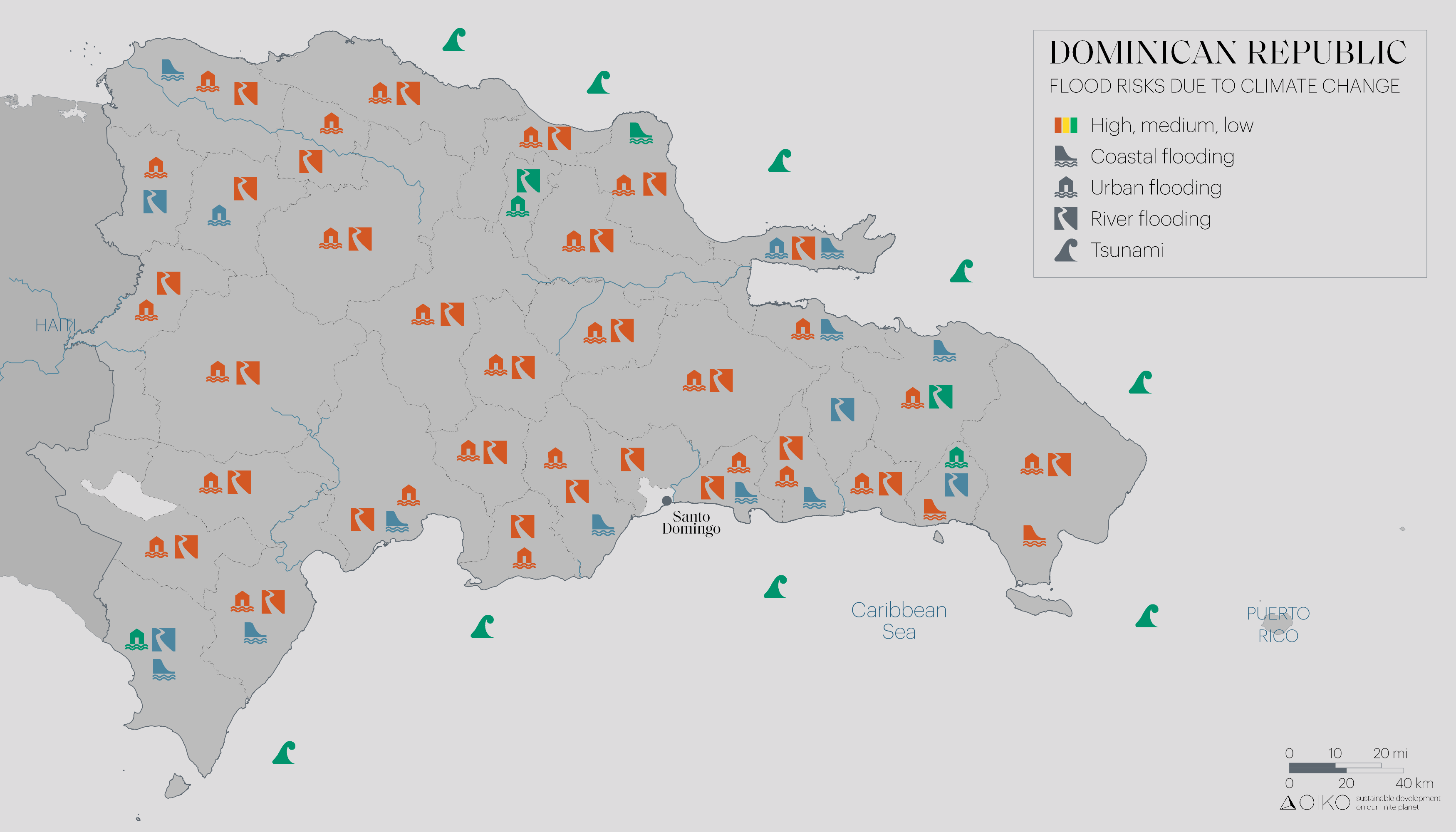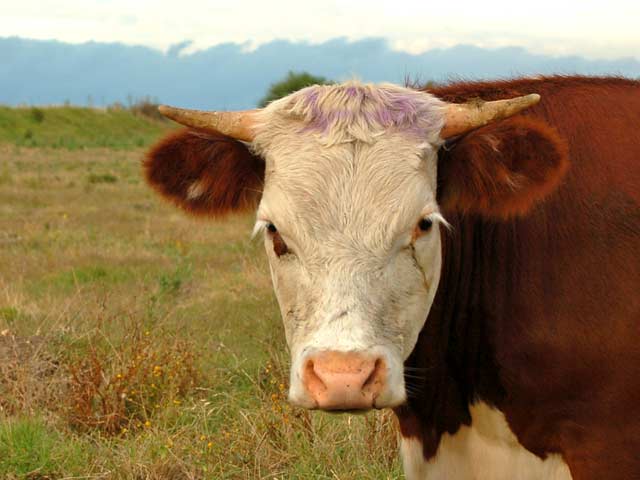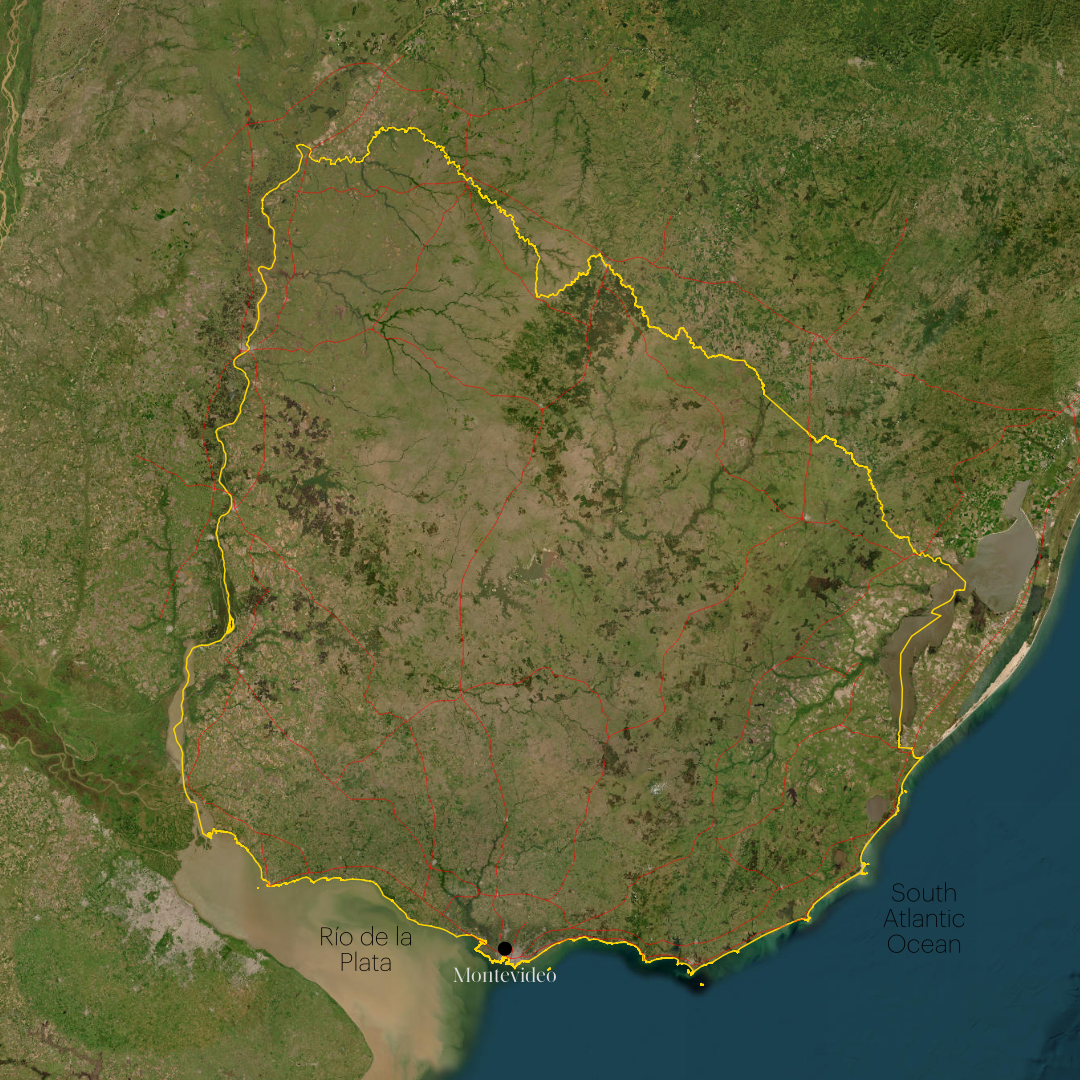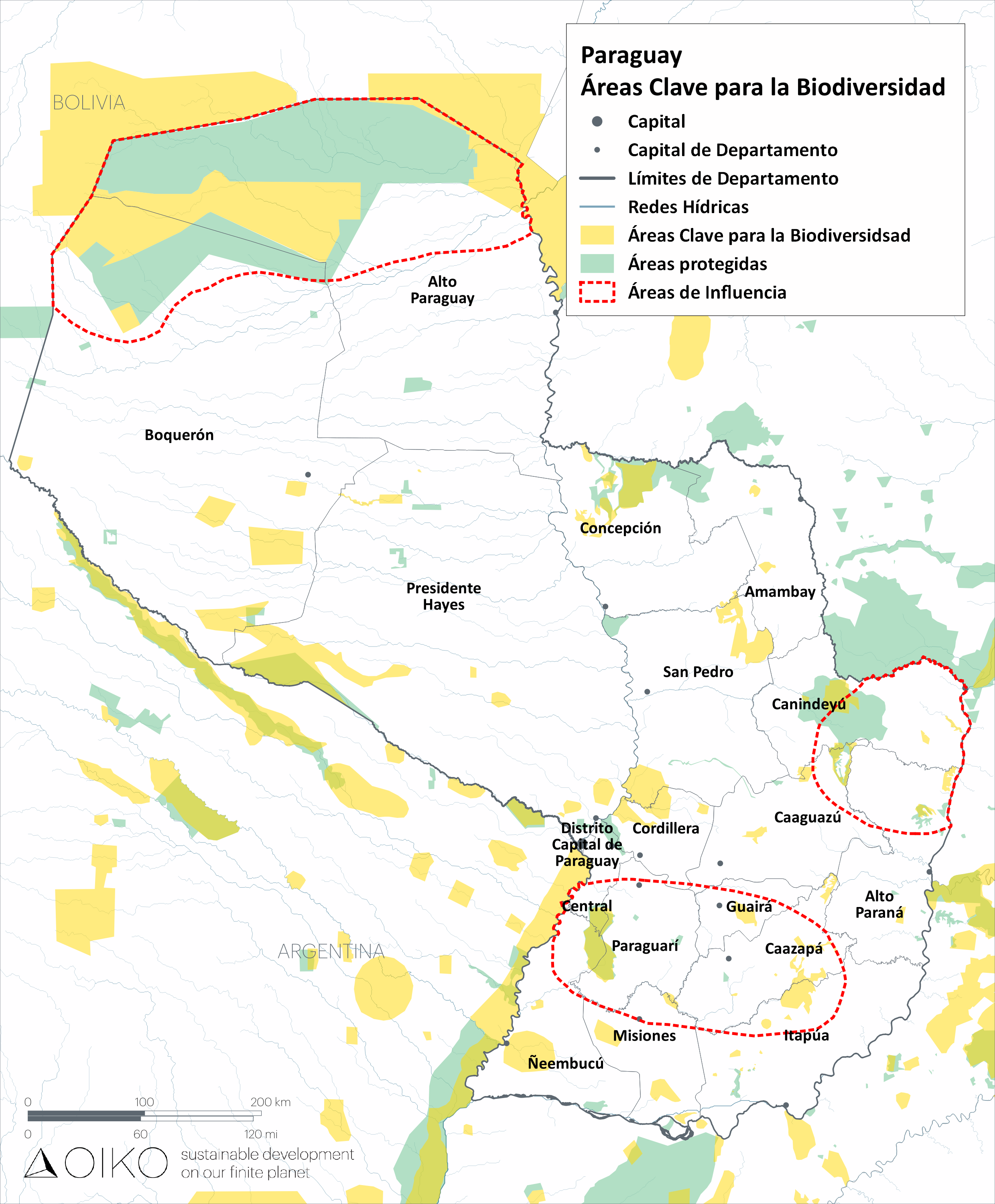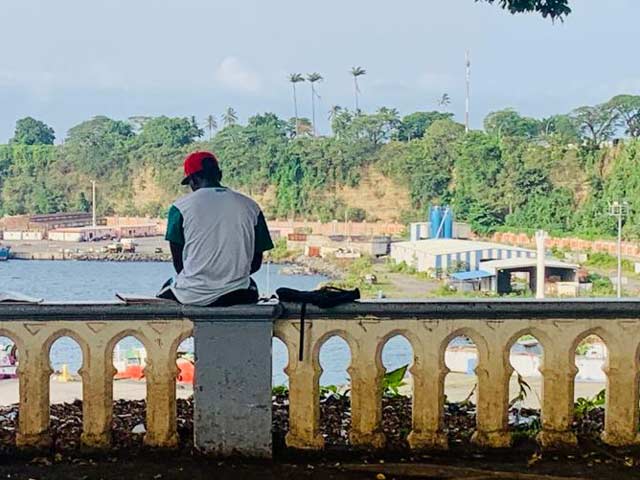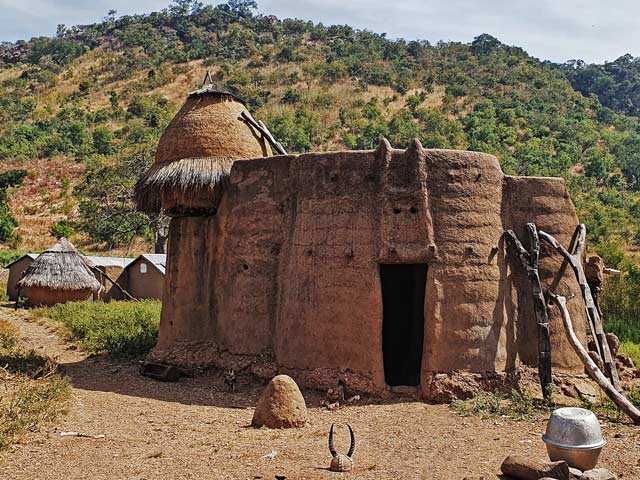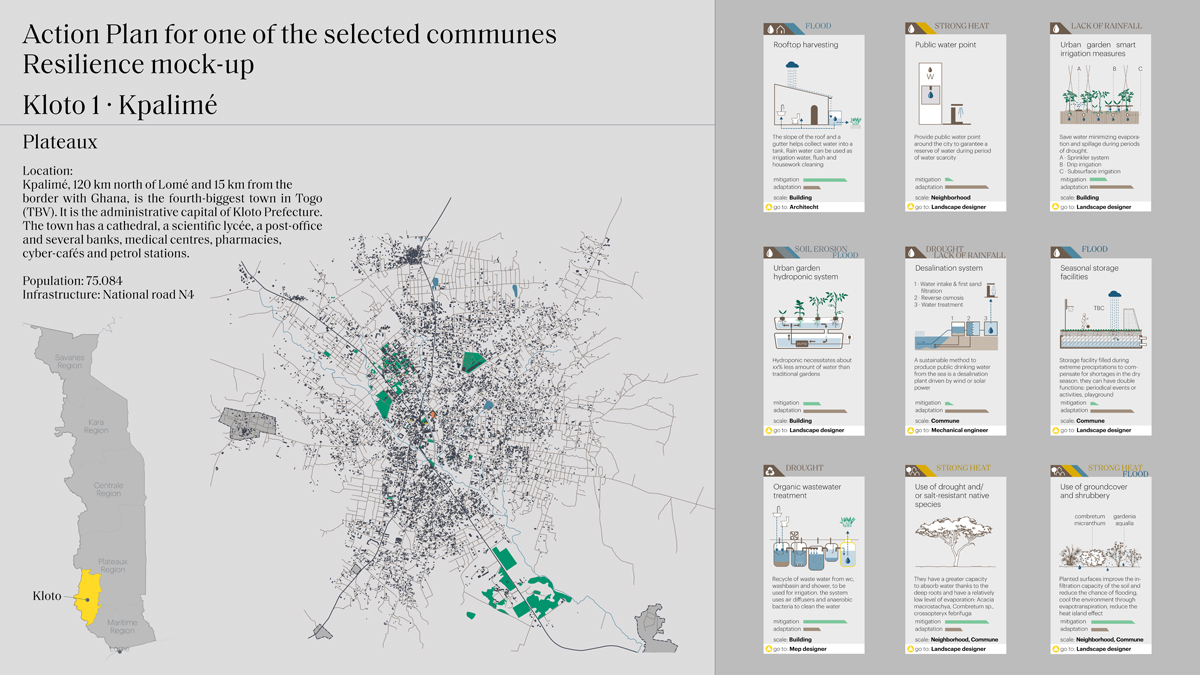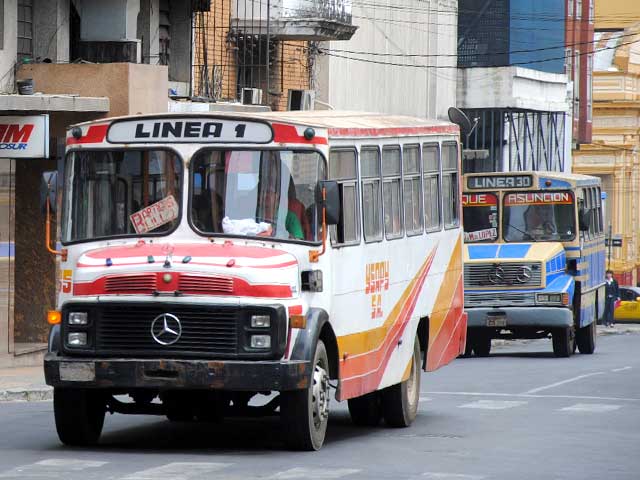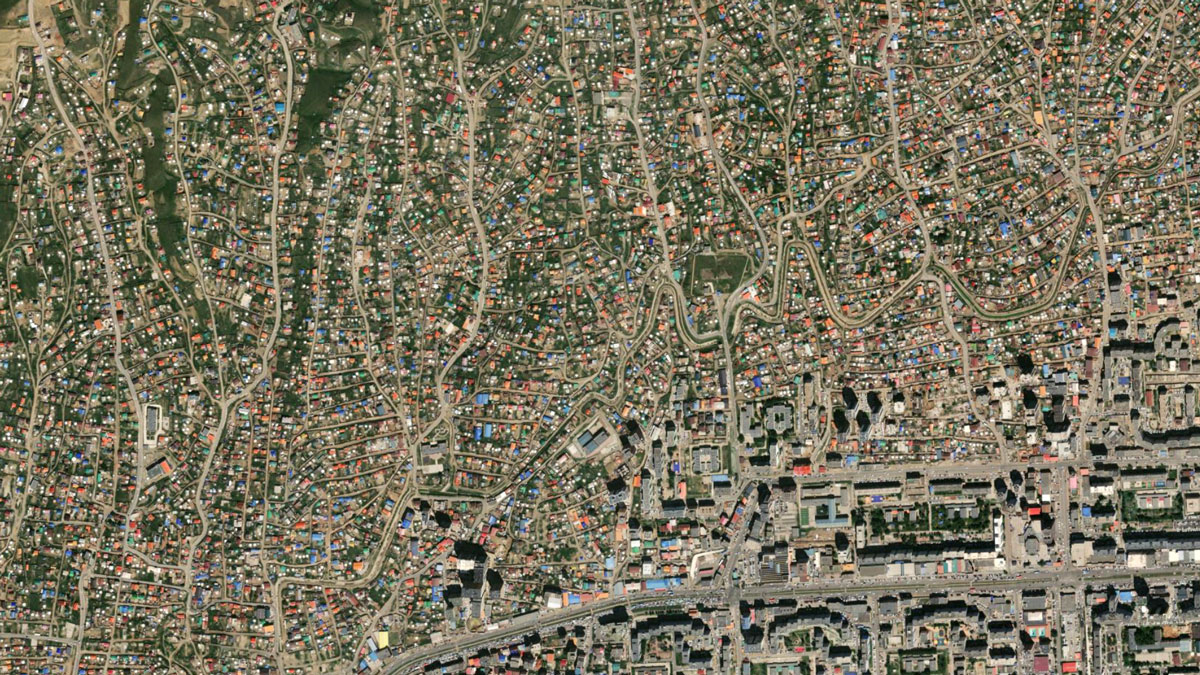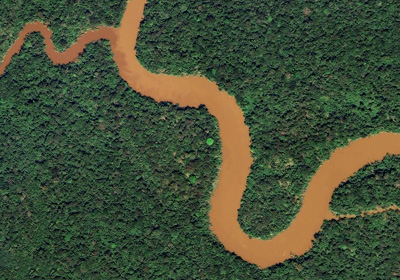
Oiko creates a biodiversity monitoring plan for the Yaguas National Park in Peru
Biodiversity Monitoring design for Nature Crediting at the Yaguas National Park in Peru
This project is aimed to develop a biodiversity monitoring plan for the Yaguas National Park in Peru, focusing on carbon storage, climate change mitigation, and biodiversity conservation, to meet nature crediting standards.
The plan attracted investments by validating biodiversity credits, preserving ecosystems, and benefiting local communities.
Data were systematically collected using advanced technologies such as camera traps and satellite imagery, integrating traditional knowledge to foster community participation. Biodiversity credits were generated from measurable conservation outcomes, verified, and sold internationally, creating new funding streams. A monitoring plan was also implemented to establish baseline data, allowing experts to track biodiversity changes over time, harmonizing environmental and socio-economic goals, enhancing conservation efforts, and promoting community well-being.
Description of actual services provided by your staff within the assignment:
- Review of existing biodiversity/Nature crediting frameworks and standards
- Review of existing biodiversity and biophysical monitoring
- Analysis of most applicable crediting standards
- Development of a Biodiversity Monitoring Plan based on the most applicable crediting standards
- Develop a report of what needs to be monitored
- Finalize a Biodiversity monitoring plan

Yaguas National Park area showing the human activity buffer zone and the main settlements
COUNTRY
PERU
IMPLEMENTATION PERIOD
2024 · Ongoing
DONOR · PARTNER
Conservation International (CI)

